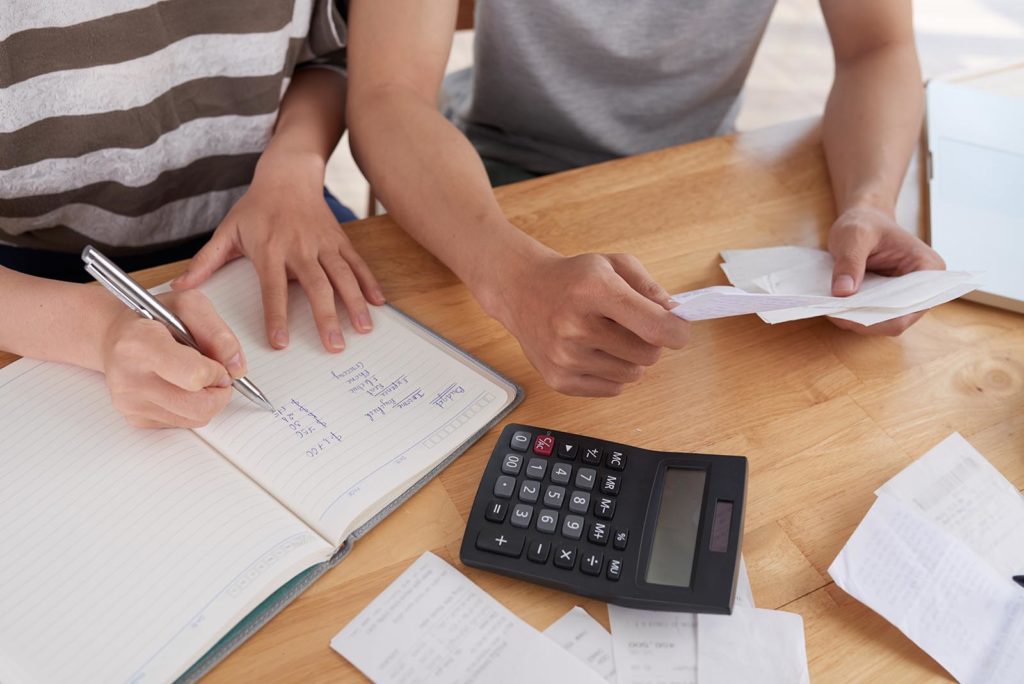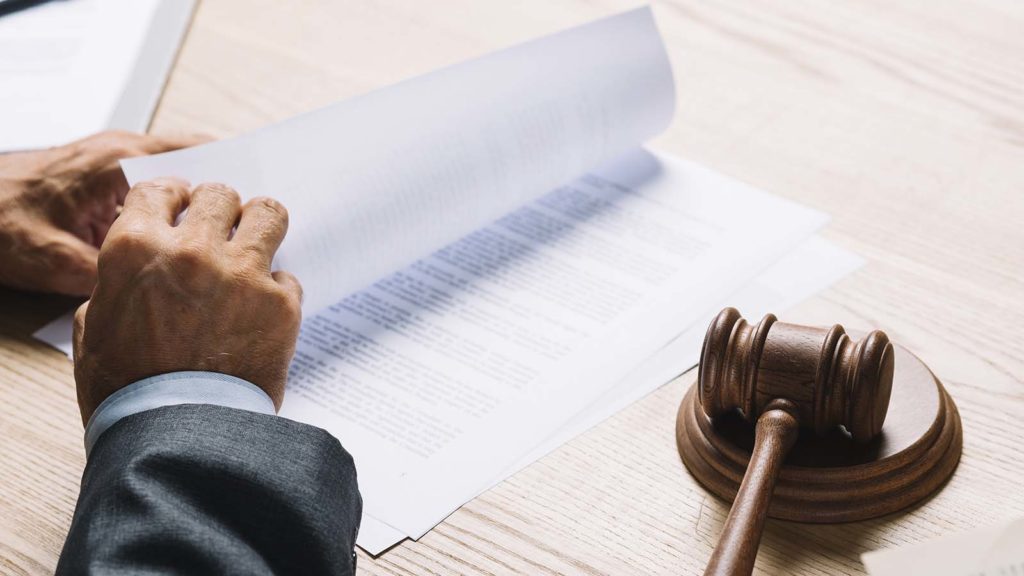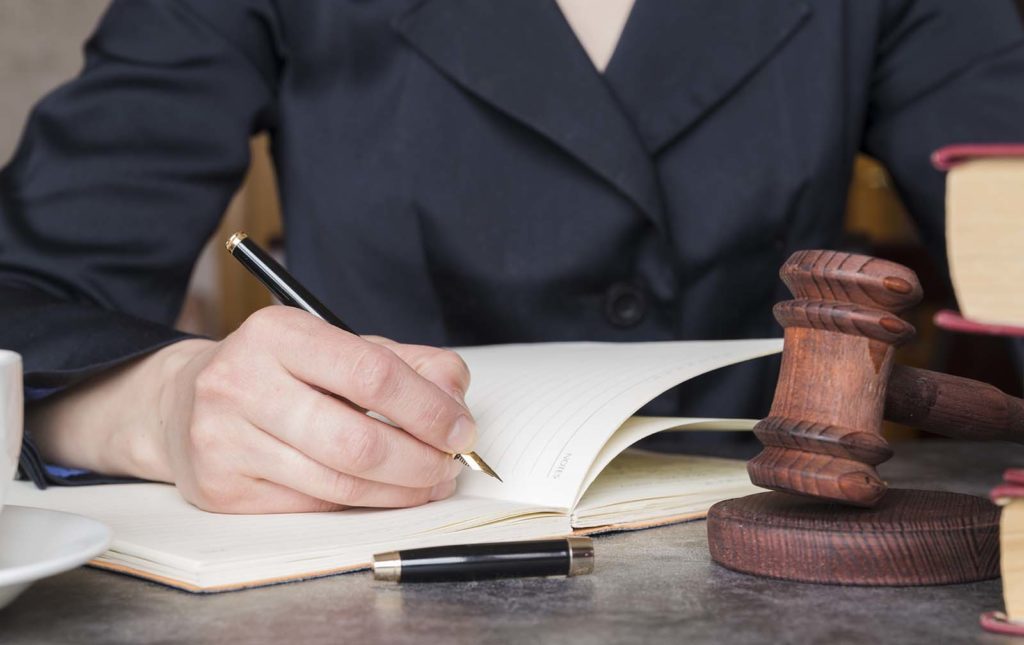The Debt Arrangement Scheme (DAS) is a Scottish government-backed debt solution. Its goal is to help people repay what they owe in a manageable and realistic way without the threat of their creditors taking legal action and is only available to residents of Scotland.
DAS, and by extension the Debt Payment Programmes (DPPs) that it helps debtors to set up, is just one of many solutions available to people who are struggling with their finances. Whether anyone solution is right for you will depend on your personal circumstances and it can help to be aware of all possible options before making a decision or approaching a money adviser.
What is Debt Arrangement Scheme?
The Debt Arrangement Scheme (commonly known as DAS) is the UK’s only statutory debt management plan, available exclusively in Scotland. Under DAS, you can set up a Debt Payment Programme which allows you to pay back what you owe by making regular monthly payments which are divided up between their creditors. These payments are calculated based on personal circumstances, determining what is an affordable, fair and reasonable amount for them to pay regularly.
The DAS can help to give people the time and space to deal with money owed by requiring creditors to freeze all interest, fees and charges linked to qualifying debts from the date that you apply. Your creditors should not contact you to chase for repayment and you will be protected from creditors seeking your sequestration (bankruptcy) or taking other legal action. Provided that you complete a payment programme set up via the DAS, any debts that remain at the end of the allocated period will be written off.
Who is eligible?

The DAS is a flexible scheme and allows you to apply for a DPP with any amount of money owed – there is no minimum requirement. There are some criteria that you must meet to qualify for the DAS, however, including that:
- you have one or more debts;
- you live in Scotland;
- you have taken advice from an approved money adviser; and
- you have enough money left over from your regular income (or from selling an asset to raise a lump sum) after paying for essential costs that you can pay towards a Debt Payment Programme.
Unlike certain other solutions, it is also possible to apply to join DAS as a couple. To qualify for a couple’s application to DAS, you must:
- be spouses or civil partners; or
- live together as if you were spouses.
You will not be eligible to join DAS if you are already in a Protected Trust Deed, are subject to sequestration (you have been made bankrupt), or you are paying debts under a conjoined arrestment order (a court order combining two or more arrestment orders requiring payment of court fines).
Pros and Cons
All debt solutions come with their own set of advantages and disadvantages which debtors can weigh up before deciding what’s right for them. It’s important to remember that all financial decisions have consequences and whilst the advantages of certain solutions may seem attractive, only by taking into account all of the options and seeking qualified financial advice can you make a fully informed choice.
See some of the advantages and disadvantages of the DAS below:
Advantages | Disadvantages |
| Interest and charges are frozen during the DPP and written off when it is complete | Setting up a DPP will impact your credit score, which can make it much more difficult to find get further credit. |
| You will not usually have to sell off any belongings or your home during a DPP set up using DAS, however, you may choose to do so to pay off your debts more quickly. | You are limited to the amount of further credit you can take out during a DPP and must continue to pay regular contributions for some time. |
How can I apply?
To apply, you will need to get help from an approved money adviser that has been authorised by the Accountant in Bankruptcy (AiB). They will look at all of your circumstances, set out the options that are available to you, and help you to apply for Debt Payment Programmes through DAS.
You can find a list of approved money advisers on the AiB website.
Do I have to sell my assets or my home?

A major advantage of a DPP is that you will not usually be required to sell off any of your belongings, including your home or car, in order to repay your creditors. This sets a DPP apart from a trust deed or sequestration (bankruptcy) as it means the choice of whether to sell assets to satisfy debts is yours.
If you do own your own home a money adviser may discuss the possibility of remortgaging to release some equity from the property. Similarly, if you own valuable assets such as an expensive car, you may be encouraged to consider selling up for a cheaper alternative. All such suggestions are intended to help you pay towards your debt, however, what works for you will depend on your own circumstances.
Will a DPP affect my employment?
In contrast to certain other debt solutions (such as sequestration), a DPP will not affect your employment in most situations. A DPP will not normally restrict the kinds of work you can do, professional accolades of authorisations that you hold and should not prevent you from taking up public office.
Can I apply for further credit under a Debt Arrangement Scheme?
Although the DAS and DPPs are generally viewed as a flexible debt solution, they do at least partially restrict your ability to access further credit. When you are subject to a DAS DPP, you will only be able to take out up to £2,000 of further credit. You will be limited to an even greater extent if you already have £1,000 of debts that are not included in your DPP programme – in which case you will be unable to take out additional credit.
Aside from the hard limits imposed by DAS, you may also find it more difficult to access credit whilst in a DPPas your credit file will flag your financial situation to lenders and finance providers. What’s more, your name will be added to the DAS Register for the duration of a DPP and this may limit the number of providers who are willing to extend further credit to you.
Is DAS or a DPP recorded on a register?

Information relating to Debt Payment Programmes entered into under the Debt Arrangement Scheme is added to an official register, the Debt Arrangement Scheme Register. This is a publicly available directory that anybody can search, provided that they know the full name and date of birth of the individual in question.
The purpose of the DAS Register is primarily to protect you from Sheriff Officers who may wish to recover debts from you, and to protect any lenders to which you apply for further credit. Both groups are able to check the register before taking any action and can therefore make an informed choice about what to do. The policy of the Accountant in Bankruptcy is to remove a debtor’s details from the DAS Register the day after their DPP has been completed, however your credit score may continue to be affected for some time.
What happens if you can’t keep up with the payments?
Failing to keep up with Debt Payment Programme payments under DAS can have serious consequences for your ability to continue with this debt solution. If you miss payments or make part payments that result in arrears totalling two months’ worth of agreed repayments – the DAS Administrator may revoke your DPP. They may also do this for a variety of other reasons, including if you:
- enter the sequestration (bankruptcy)
- get a Protected Trust Deed
- fail to keep to the conditions of your DPP
- have not told the truth when applying for a DPP
- are in a joint debt payment programme and have separated from your partner
- you die, or in a join debt payment programme your partner dies
If the DAS Administrator intends to cancel your DPP, they will contact you and all other parties confirming their intention to revoke it. You should then have at least 4 weeks to respond to the DAS Administrator by providing details of your circumstances and why you want to continue with your debt payment programme. They will then make a decision based on all of the relevant circumstances, including an assessment of whether your DPP is likely to succeed.
If your DPP is revoked, your creditors will once again be able to take legal action against you but not during a 14 day grace period from the date of the decision to revoke your programme.
Can a creditor still sequester me during a DAS?
One of the key advantages of a DPP set up under DAS is that once a programme is in place; your creditors are prevented from taking any legal action against you to recover outstanding debt. This includes any attempts to sequester you, even if the sequestration application process has begun.
A DPP will also protect you from other forms of action such as bank arrestment or property attachment, so you can concentrate on paying into your programme and dealing with your debt.
What happens if my circumstances change?
As DPPs set up under DAS can run for a considerable time period, your circumstances may change for better or worse during the programme. Fortunately, it is possible to vary the terms of a debt payment programme to reflect a change in your circumstances by making an application to the DAS Administrator. When considering a variation application, they will look at all of the relevant circumstances along with your up-to-date budget to determine an affordable regular payment figure.
It is also possible to apply for a payment holiday during a debt payment programme, whereby your payments will be temporarily stopped for up to 6 months. To convince the DAS Administrator that a payment holiday is necessary, you would need to demonstrate that any surplus money you have available after paying for essential costs has decreased by at least half or more. This might happen if, for instance, you become unemployed or if you go on maternity leave.
Can I end a DPP early?

It is possible to end a DPP early, but only in select circumstances. The DAS Administrator, or a fee-charging money adviser, can approach creditors and ask them to accept less than the full amount owed in a process called ‘composition’. If all of your creditors accept this request, your debt payment programme will be over and you will no longer be required to pay off any remaining debt. Composition can only take place after:
- you have made payments for a full 12 years; and
- you have paid 70% or more of the amount that you owed when the debt payment programme began.
Whether composition is possible for any debtor will depend on their circumstances and the DAS Administrator or an approved money adviser will be able to give an indication of what might work for you.
Debt Arrangement Scheme – FAQ
The Debt Arrangement Scheme and the Debt Payment Programmes can seem to be quite a complex debt solution. Please see some of the most frequently asked questions below to shed some light on the DAS and DPPs:
What is a Debt Payment Programme?
A Debt Payment Programme (or DPP) is a repayment programme set up under DAS that is only available to debtors living in Scotland. DPPs can be set up by making an application to the Accountant in Bankruptcy (AiB) with the help of an approved money adviser.
How does a DPP work?
Once a Debt Payment Programme is approved, you will be allocated a Payments Distributor – a company that will administer the regular repayments you make to your creditors. You will be required to make repayments that have been calculated to be affordable to you based on your personal circumstances.
During a DPP, your creditors will be unable to chase you for repayment or take legal action against you to recover your debts. Your name and details will be added to the Debt Arrangement Scheme Register (DAS Register) and your credit file along with your ability to borrow any further money could well be affected. Your DPP will be completed when you have repaid what you owe, or if the Accountant in Bankruptcy begins the composition process.
How long does a DPP last?
A DPP can last for any reasonable length of time and this will depend on the amount of debt that you have, as well as how much you can afford to contribute towards regular repayments. When a DPP is complete and the debtor has made all agreed payments, any remaining debts that were included in the programme (including charges and interest) will be written off.
Will a DAS affect my credit score?
As with the majority of debt solutions, a debt payment programme set up under DAS is likely to impact on your credit score and may make it more difficult to access further credit. A DPP will remain on your credit file for 6 years, however as these programmes can last upwards of 10 years the length of time for which they will be flagged on your credit report will depend on your own circumstances and the how long your plan lasts for.
Is a Debt Arrangement Scheme an IVA?
An IVA is only available to residents of England, Wales and Northern Ireland whilst DPPs set up under DAS are exclusive to those living in Scotland. For Scottish residents, the closest debt solution to an Individual Voluntary Arrangement is arguably a trust deed. Unlike an IVA, interest and charges against your debts will be frozen during a DPP and similarly the two solutions run for different amounts of time. In most cases, a DPP will run until all of the included debts have been paid whereas an IVA or Trust Deed will last for a pre-determined period of time.

